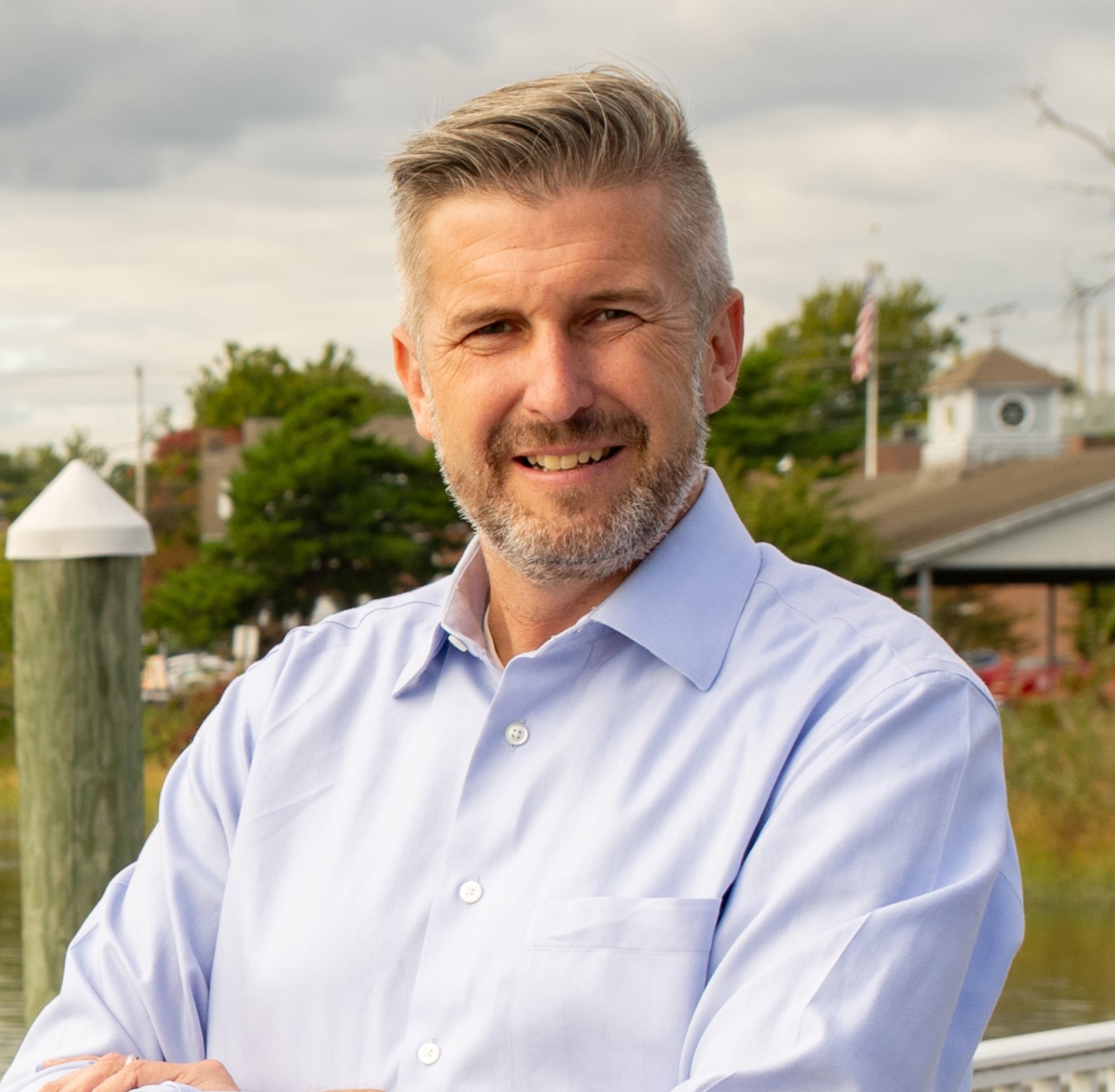Senators Maroney, Abrams and Community Leaders
Hold Suicide Prevention Summit and Discussion Panel at the University of New Haven
Today from Dodds Hall on the University of New Haven (UNH) campus, state Senators James Maroney (D-Milford), Mary Daugherty Abrams (D-Meriden, Cheshire, Middlefield, Middletown, and Rockfall), community leaders, students and faculty from UNH and Yale University and other state legislators hosted a Suicide Prevention Summit and panel discussion.
The Suicide Prevention Summit was held to address the growing issue of suicide among teenagers and young people. Sen. Maroney said the discussion and summit was a success and he is committed to helping to find legislative solutions to this issue.
“This is a serious issue that requires our immediate attention and action,” said Sen. Maroney. “The numbers are staggering and sobering, but through open communication we can find and implement potentially life-saving solutions. I am grateful to all those who participated in today’s summit and discussion, as these talks represent positive steps to address the rate of suicides in our state.”
This summit comes following recent government reports that suicide rates among teenagers and young adults have skyrocketed over the last 10 years. Nationally, suicide has become the second-most common cause of death among teens and young adults, leapfrogging homicides. Sen. Abrams, who is Senate Chair of the legislature’s Public Health Committee, acknowledged the importance of the discussion and summit.
“Suicide does not discriminate — statistics show that it harms individuals from all communities,” said Sen. Abrams. “Discussions like todays are drastically important in breaking the stigma of suicide and working toward solutions that can limit and lessen the pain it causes. We owe it to the public to push forward and strive for advances that will address the alarming rate of suicide in our state.”
During the panel discussion, faculty and students shared stories on how this issue has personally impacted them and ways to combat it. Experts provided information on ways to help those struggling to process emotional pain and trauma. Those in attendance heard from keynote speakers Dr. Frank Fortunati, medical director of Yale New Haven Psychiatric Hospital, and Dr. Madelon Barnoski, professor of psychiatry at Yale University.
Speakers also included Dr. Lillie Macias, assistant professor at the University of New Haven, Andrea Iger Duarte, a public health official and licensed social worker on the Connecticut Suicide Advisory Board, and Matthew R. Riley, the chief operating officer of the Jordan Porco Foundation. Through presentations and discussions, legislators and medical professionals worked to better understand the plight of suicide and ways to counteract it, including policy ideas.
Suicides have touched Connecticut as The Connecticut Violent Death Reporting System reports 1,170 individuals committed suicide in the state between 2015 and 2017. The number of suicides among people ages 10 to 24 rose 56 percent from 2007-2017. The Centers for Disease Control (CDC) have cited family history of suicide, maltreatment, feelings of hopelessness, local epidemics of suicide and a history of alcohol or substance abuse as just a few potential suicide risk factors.
Suicide does not discriminate, with consistent rates of death among older and younger demographics. The National Institute of Mental Health reported that suicide was the second-leading cause of death for individuals between the ages of 10 and 34 and the fourth-leading cause of death for those between the ages of 35 and 54. In recent years, the suicide rate for adolescents and young adults increased, while the highest suicide rates are among middle-aged adults and those 85 years and older.
According to the CDC, talking to a licensed therapist, taking a break and refraining from drug and alcohol use are just a few effective coping methods. If suicidal thoughts persist, call the suicide hotline at 1-800-273-8255 and additionally, consult a psychologist. One can also call 211 and then press 1 for a crisis.
Share this page:
